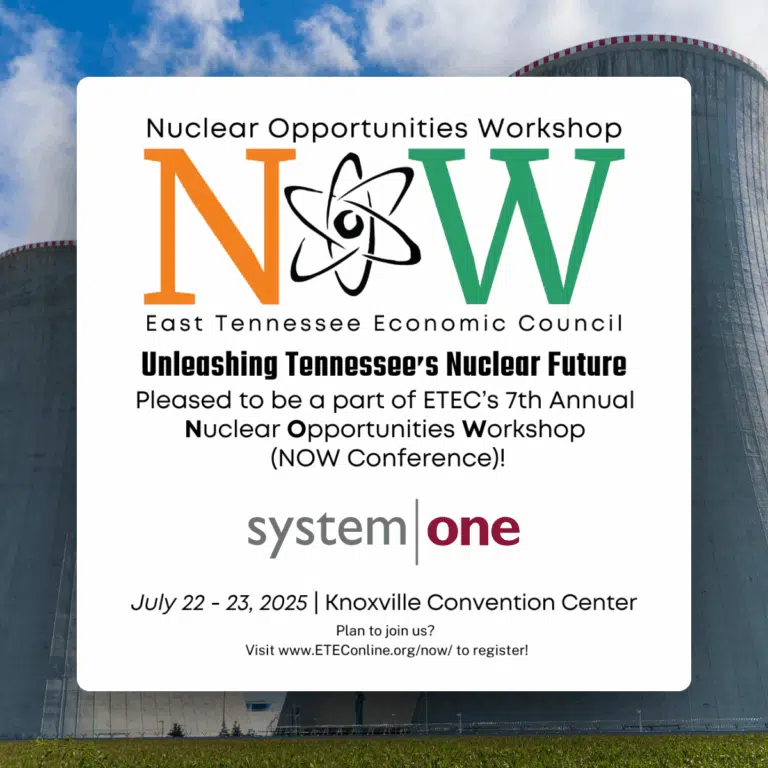Tips for Entering the Critical Infrastructure Industry

Introduction
Employment in critical infrastructure is expanding. Case in point: Wind technician is the second fastest-growing job overall. Not only that, but employment in this sector is projected to grow 57% from 2018 to 2028, resulting in roughly 3,800 new jobs. It's exceptional growth during an exceptionally tough job market.
So how do you start a career in critical infrastructure – an industry deemed by the U.S. Department of Homeland Security to be so vital that a lack of skilled workers would have a debilitating effect on society? Read on for an insider's perspective on actionable steps to securing a position in power & utility, engineering, telecommunications, energy, transportation, and more.
1. Research and Choose a Specialization
The critical infrastructure industry offers diverse career paths, so it's essential to narrow down your focus to secure the right skills, understand the most viable opportunities, and match your interest with the right specialty to ensure a rewarding career.
Checklist:
- Research various sectors within the critical infrastructure industry.
- Tip: Visit CISA.gov and learn about the 16 sectors that offer a wealth of opportunity.
- Identify trends and growth areas in your chosen specialization.
- Tip: OT (operational technology) and IT (informational technology) specialists are in high demand as the threat of cyber attacks grows.
- Align your interests and skills with a specific sector.
- Tip: Enjoy working outdoors and the thrill of heights? As mentioned earlier, there's a strong need for wind turbine technicians as the push for renewable energy ramps up.
- Utilize a Recruiter. System One specializes in critical infrastructure, giving us exclusive access to jobs before they are listened to job boards.
- Tip: Follow System One on LinkedIn, connect with our recruiters, search for available jobs, and submit your resume on our website.
2. Acquire Relevant Education and Training
Jobs in the critical infrastructure industry require highly specialized skills, but education doesn't have to come with a high price tag. Many jobs do not require a four-year college degree, making hands-on training programs a lower-cost choice with high ROI.
Checklist:
- Complete an apprenticeship program.
- Tip: Apprenticeships are an innovative and cost-effective way to gain connections and experience.
- Acquire industry-recognized certifications.
- Tip: In the energy sector, certifications like the Certified Energy Manager (CEM) or Certified Renewable Energy Professional (REP) can be valuable in setting you apart by showing your initiative to learn and advance. Utilize a System One Recruiter to determine which certifications will serve you in your next role.
- Enroll in a specialized training program.
Tip: No class or course can replicate hands-on training, especially a five-star program. For those interested in the energy sector, System One has a renewable energy training center that fosters a greater connection between renewable energy employers, trainers, and job seekers.
3. Seek Outside Perspective Before Submitting Your Application
Reading about and consulting with professionals in the industry will be invaluable in not only determining what to put in your application, but how to frame it. Make connections through your educational endeavors, industry organizations, pertinent online communities, and specialized recruiters.
Checklist:
- Refer to our Sound Off with System One episode on How To Write Your Technical Resume:
- Tip: To demonstrate your skills AND the impact of them, answer these questions on your resume:
- What were you challenged to do?
- How did you go about doing it?
- Who did the project affect, or who was the customer?
- What was the impact of your work? What results did you attain?
- What metrics can you use to quantify your work/volunteer experience?
- Tip: To demonstrate your skills AND the impact of them, answer these questions on your resume:
- Consult with a recruiter for inside information.
- Tip: As a staffing agency with 40 years of experience in highly specialized industries, System One recruiters are uniquely qualified to help you land your next role.
Conclusion
System One has developed a best-in-class training center to meet the demand for skilled wind technicians – the second fastest-growing job overall. Our commitment to producing highly adaptive and skilled workers is evident at our Renewable Energy Training Center in Houston, Texas– currently rated five stars by participants.
By following the checklists outlined in this guide and leveraging the expertise of System One's recruiters and training facilities, you'll be well on your way to securing a rewarding position in the critical infrastructure industry.
Follow us on LinkedIn and connect with one of our recruiters today!
Looking for business solutions?
Explore System One

